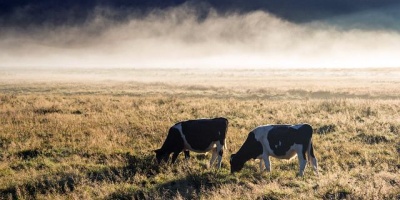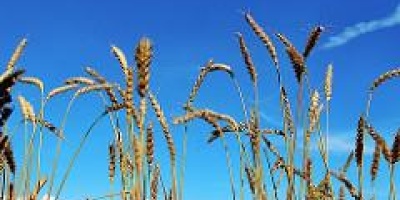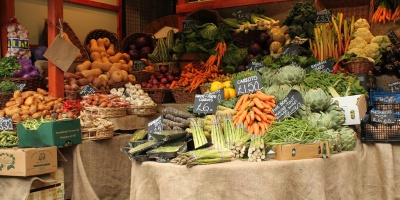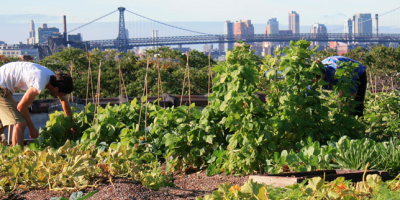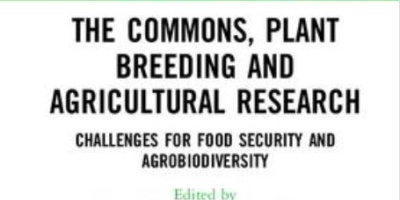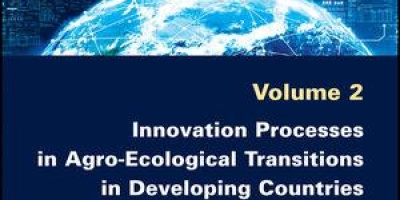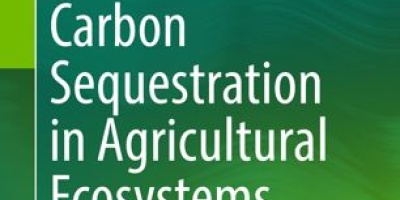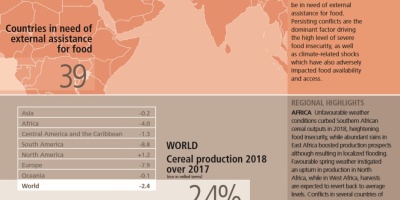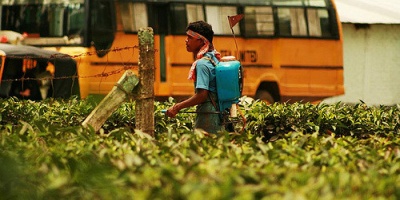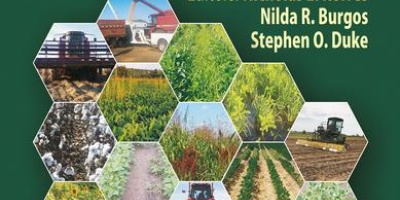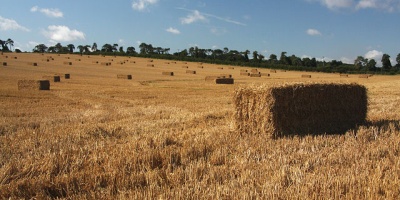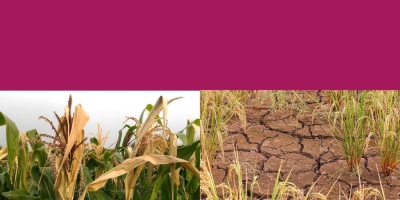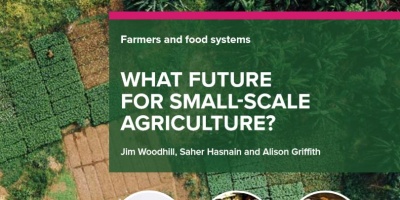Agricultural production sits at the heart of major societal concerns, spanning food security, nutrition and health; livelihoods and development; the environment;and animal ethics. In early history, the farming of domesticated species created food surpluses that allowed for the development of sedentary civilisation. Later, the Green Revolution of the twentieth century allowed for large groups of people, especially in developed countries, to “move off the land” and improved food supplies across much of the world. Yet while innovations in modern agronomy, plant and animal breeding, pesticides and fertilizer use have greatly increased food output, much environmental harm arising from these practices has occurred while concerns are also growing around excess calories and poor nutrition, leading to obesity and associated non communicable diseases as well as micronutrient deficiencies. Many of the 1.3 billion people worldwide who rely directly or indirectly on agriculture for their living face problems arising from imbalanced power structures, including poor working conditions, uncertain land use and tenure, and lack of access to inputs, infrastructure, capital and knowledge; these imbalances play out along the whole of the food value chain, between the genders, within country populations and across countries and regions. As to the environment, agriculture is responsible for some 20% of global anthropogenic greenhouse gas emissions of which about half arise directly from crop and livestock production and the other half from agriculturally induced land use change. It is also the main cause of deforestation and biodiversity loss, a major user and polluter of scarce water resources and responsible for the disruption of global nitrogen and phosphorus cycles.

